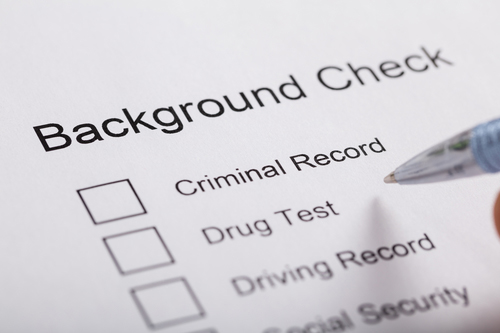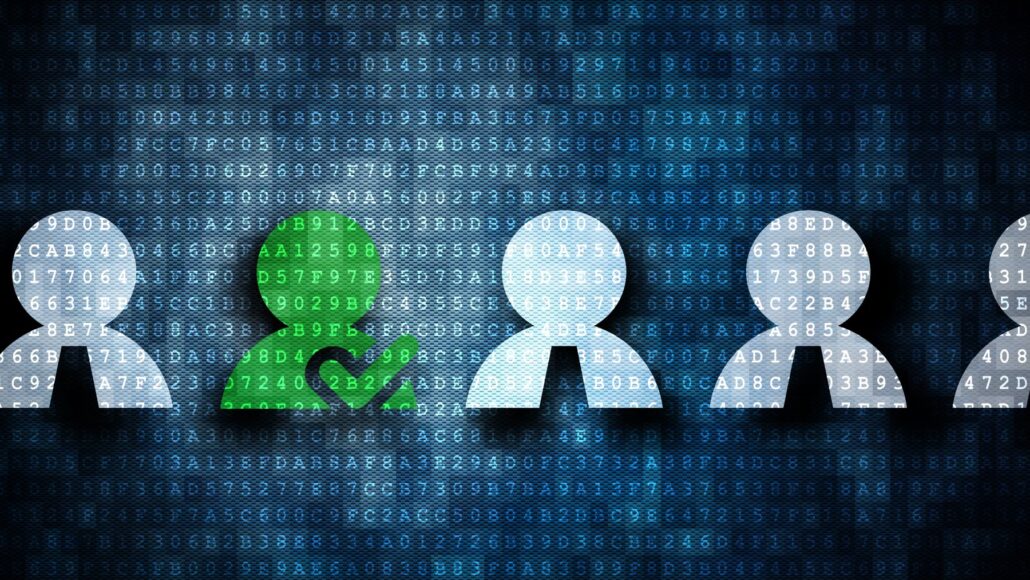Background checks have become a routine part of our lives, whether we’re applying for a new job, renting an apartment, or even going on a first date. These checks are conducted to gather information about an individual’s history, character, and credibility. While they serve a valuable purpose, it’s essential to understand what information is needed for background checks, how they work, and why they are conducted.
In this comprehensive guide, we will explore the various aspects of background checks, the types of information they require, and the significance of these checks in different contexts.
Background checks, also known as background screenings or background investigations, are the process of examining an individual’s past to determine their suitability for a specific role or purpose. These checks can be carried out by employers, landlords, financial institutions, government agencies, and even individuals seeking personal information.
The primary goal of a background check is to verify information provided by the subject and uncover any potential red flags, such as a criminal record, financial issues, or a history of violence. By conducting background checks, organizations and individuals aim to make informed decisions and reduce risks associated with hiring, renting, or forming personal relationships.

Common Types of Background Checks
First let’s talk about who may want to conduct a background check on you and what a check might be looking for.
Background checks are not one-size-fits-all; they can vary significantly depending on the purpose and scope of the investigation. Here are some common types of background checks:
Employers
Employers often conduct background checks on job applicants to ensure they are hiring individuals with the right qualifications and a clean history. These checks typically include:
- Criminal history: This involves searching for any past convictions, arrests, or pending charges.
- Employment history: Verifying past employment, job titles, and dates of employment.
- Education history: Confirming academic credentials and degrees obtained.
- Reference checks: Contacting references provided by the applicant.
- Credit history: Assessing an applicant’s financial responsibility and trustworthiness.
Landlords
Landlords use tenant background checks to assess the reliability and financial stability of prospective tenants. These checks may involve:
- Rental history: Checking previous rental agreements and whether the applicant paid rent on time.
- Credit history: Evaluating an applicant’s credit score and financial habits.
- Criminal background: Identifying any criminal history that could pose a threat to other tenants or the property.
Criminal Background Checks
Criminal background checks are conducted by various entities, including law enforcement agencies, employers, and volunteer organizations. They focus on an individual’s criminal history, including:
- Arrest records: Information about arrests and charges brought against an individual.
- Convictions: Details of criminal convictions and sentences.
- Warrants: Any outstanding warrants for an individual’s arrest.
Personal Background Checks
Individuals may conduct personal background checks on themselves or others for various reasons, such as safety concerns or relationship trust. These checks can encompass a wide range of information, including:
- Social media presence: Examining online profiles and activity.
- Financial history: Assessing credit reports and financial records.
- Character references: Collecting information from people who know the individual personally.

Information Needed for a Background Check
Before discussing the information needed for a background check, it should be noted that the information required depends on a background check’s purpose and the specific organization or individual conducting it. However, some common pieces of information are often requested to facilitate the process:
Name
A person’s full legal name is crucial for conducting an accurate background check. Variations in spelling or the use of aliases can lead to incomplete or incorrect results.
Date of Birth
Date of birth helps distinguish individuals with the same name and ensures that the information retrieved pertains to the correct person.
Social Security Number
In the United States, an SSN is often used to verify an individual’s identity and access certain databases, such as credit reports and criminal records. Other countries may have similar identification numbers.
Previous Addresses
A history of the subject’s previous addresses helps in locating and accessing relevant records, especially for criminal and financial background checks.
Consent
Background checks typically require the subject’s consent. Employers, landlords, and organizations conducting checks must obtain written consent from the individual being investigated.
Additional Information
Depending on the type of background check, additional specific information may be needed. For example:
- Employment history: The names of previous employers, job titles, and dates of employment.
- Education history: Details of educational institutions attended, degrees earned, and graduation dates.
- References: Names and contact information of personal or professional references.
- Financial history: Authorization to access credit reports and financial records.

Importance of Background Checks
Understanding the purpose of the background check is essential. This information helps determine which databases and records need to be accessed. For example, an employer conducting a pre-employment background check may focus on criminal and employment history, while a landlord may emphasize rental and credit history.
In many cases, background checks are legally required, especially in industries where employee safety and public trust are paramount, such as healthcare, childcare, and law enforcement.
Keeping Others Safe
Background checks are crucial when dealing with vulnerable populations, such as children, the elderly, and individuals with disabilities. They help ensure that those in positions of trust do not pose a threat.
Building Trust
Background checks contribute to building trust in various settings. For employers, they ensure that employees are reliable and have the necessary qualifications. For landlords, they help maintain the safety and security of rental properties. In personal relationships, they provide peace of mind.

Privacy and Legal Concerns
While background checks are essential, they also raise privacy and legal concerns. It’s crucial to strike a balance between obtaining necessary information and respecting an individual’s privacy rights. Some key considerations include:
In other countries, data protection laws like the General Data Protection Regulation (GDPR) in the European Union regulate the collection and use of personal information. Organizations conducting international background checks must comply with these laws.
Background check results are not infallible, and errors can occur. Individuals have the right to dispute inaccurate information and request corrections under the FCRA and similar laws.
In an increasingly interconnected world, background checks have become an integral part of decision-making processes. Whether you’re a job seeker, a landlord, or an individual looking to build trust in your personal relationships, understanding what information is needed for background checks is essential. These checks serve as a tool to reduce risks, protect vulnerable populations, and ensure the safety and security of various facets of our lives. However, they must be conducted.


